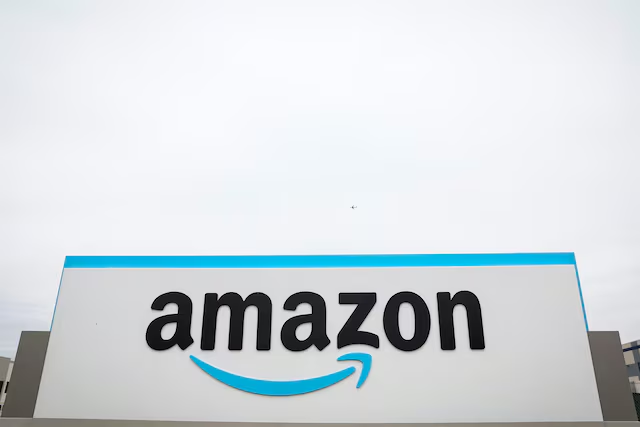Tech companies most threatened by Trump are donating to his inauguration fund

In a surprising turn of events, several major tech companies that have openly criticized former President Donald Trump’s policies and rhetoric are now donating substantial sums to his upcoming inauguration fund. This development has raised eyebrows, as these companies, which include some of the largest names in Silicon Valley, were often at the center of Trump’s confrontations during his presidency, particularly regarding issues of regulation, free speech, and antitrust concerns. The decision to contribute to his inauguration comes as a paradox to their previously adversarial stance.
The donations, though varied in size and scale, indicate a complex and often contradictory relationship between the tech industry and the political landscape. Many of these companies, once at the forefront of outspoken resistance to Trump’s policies, are now finding themselves in a situation where aligning with the president—at least symbolically—might benefit their interests as they seek to navigate a politically charged environment.
Among the companies that have donated to Trump’s inauguration fund are some tech giants that had publicly opposed his policies during his tenure in the White House. This includes companies like Facebook, Google, and Amazon, which had faced sharp criticism from the former president. Trump repeatedly criticized these platforms for allegedly stifling conservative voices and pushing an ideological agenda, leading to a fraught relationship between the tech industry and the White House.
The donations raise important questions about the nature of political influence in the tech industry and the extent to which these companies are willing to engage with a president they once clashed with. Some argue that these contributions are a pragmatic move, designed to gain favor with a president who, despite being at odds with tech companies on several fronts, wields significant power in shaping policies that could affect their bottom lines. Trump’s administration had pursued aggressive regulatory actions against the tech sector, including antitrust investigations and proposals aimed at reining in their market power. By contributing to his inauguration, these companies may be attempting to smooth over tensions and avoid future scrutiny.
The decision to donate to Trump’s inauguration fund also highlights the growing influence of political fundraising in the tech sector. In recent years, technology companies have been major players in political donations, both to individual candidates and political action committees (PACs). While many tech executives have publicly supported Democratic causes, the reality of navigating a politically divided landscape means that, at times, these companies will support politicians from both sides of the aisle, hoping to ensure they are on the right side of policy decisions.
Furthermore, there is a strategic aspect to these donations. As the tech industry continues to grow in influence and market power, companies may be seeking to position themselves favorably with both parties in Washington. The future of issues such as net neutrality, online content moderation, data privacy, and antitrust enforcement will likely depend on the priorities of whoever holds power in the White House and Congress. By contributing to Trump’s inauguration, these companies may be signaling their willingness to work with his administration on key policy matters, even if they disagree on other issues.
This situation also underscores the tension between political ideology and business pragmatism. While Silicon Valley has long been associated with liberal political leanings, particularly among its top executives, the realities of running a global business often require a more nuanced approach to politics. By making these donations, tech companies are signaling that they are willing to put aside ideological differences when it comes to protecting their interests and securing favorable outcomes for their industries.
However, this shift in behavior may face criticism from both sides. On the one hand, some on the political left may see the donations as a betrayal, given that many of these companies had supported progressive causes and positioned themselves as advocates for free speech and social justice. They may view these donations as a sign that tech companies are more concerned with corporate interests than with standing up for the values they publicly espouse.
On the other hand, Trump supporters may view the donations as an attempt by the tech industry to appease a president they see as hostile to their business interests. Trump’s rhetoric about “Big Tech” and its alleged bias against conservatives had become a rallying cry for many of his supporters, and seeing these companies align with his inauguration fund might be seen as an attempt to walk back years of criticism.
In conclusion, the donations from major tech companies to Donald Trump’s inauguration fund are a reflection of the complex and often contradictory relationship between the tech industry and the political establishment. These contributions, while seemingly at odds with the companies’ previous positions, maybe a calculated move to maintain influence in a rapidly changing political landscape. As these companies continue to navigate the political minefield, their donations will likely prompt further debate about the intersection of politics and business, and the role of money in shaping the future of tech policy in the United States.






